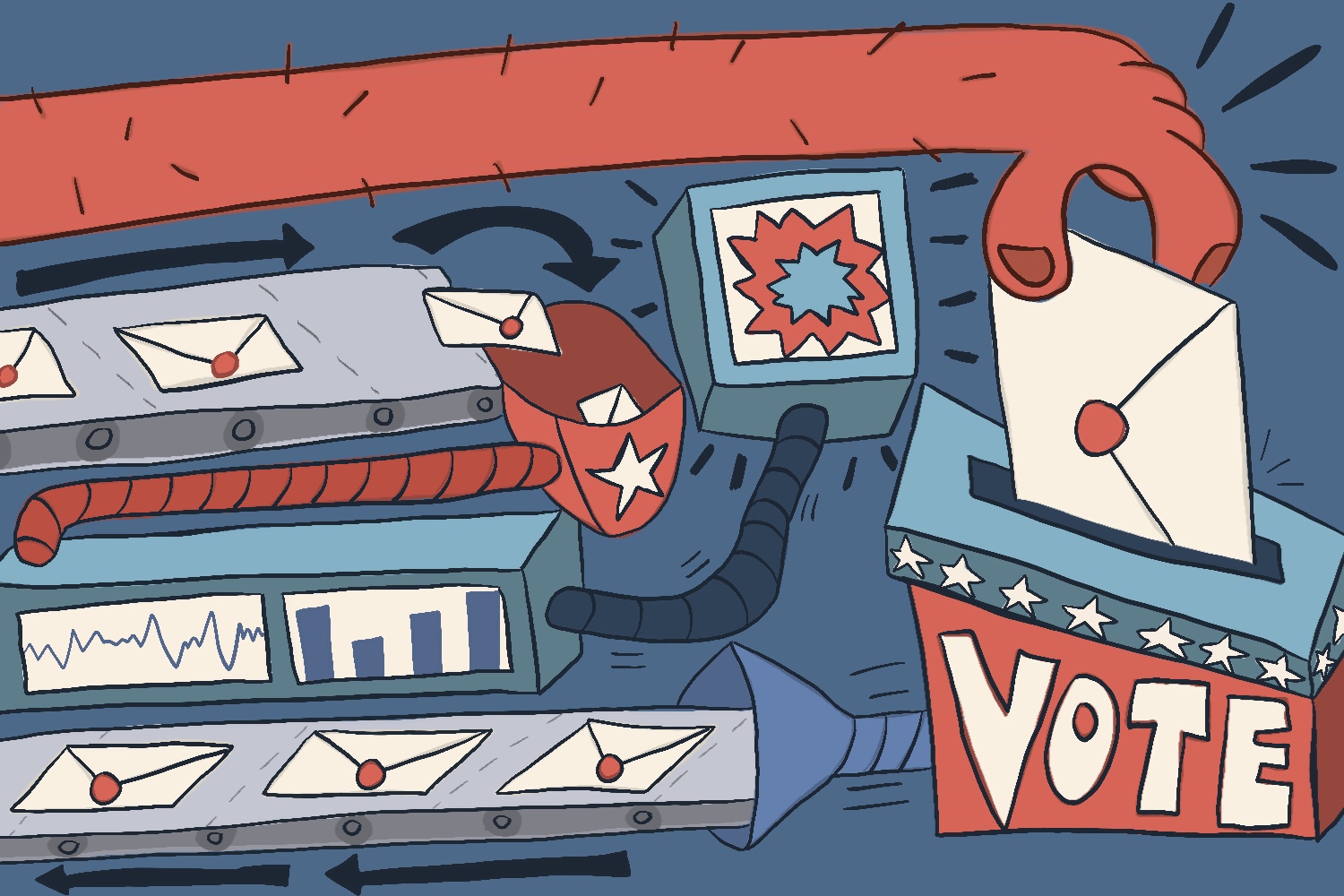The College of Agriculture and Life Sciences (CALS) sold a dairy research herd of 255 cattle to Nordic Farms of Charlotte for $244,000 on Oct. 1, the CALS website stated. The sale is a part of a new initiative called the Dairy Center of Excellence, Dean of CALS Tom Vogelmann said. CALS plans to shift from a centralized research program here at UVM to research partnerships with private farms, the Burlington Free Press stated. “This is an effective way to get involved with the agricultural community,” Vogelmann said. Five dairy farms in the area, along with Nordic, have been chosen as research partners, according to the Burlington Free Press. “I appreciate the creativity and extreme dedication of people in the state to maintain research and help make a revolutionary model,” Vogelmann said. The new initiative will not affect the student-run program Cooperative for Real Education in Agriculture Management (CREAM), whose members still work with the 65-cow herd at the Miller Research Farms on Spear Street, according to CALS. The hope is to increase collaboration with Nordic Farms as they are transitioning to upgraded systems, Vogelmann said. “There are a lot of reasons to be optimistic about the future,” he said. The new initiative was rolled out at the Vermont Feed Dealers and Vermont Dairy Industry Association annual conference on Sept. 23, when Vogelmann proposed that $50,000 in funds go into the research of methane digesters, Vogelmann said. This is also known as a movement called “Cow Power,” he said. Methane digesters are large containers that hold the manure from cows; the manure is then decomposed by small bacteria that release methane gas. The gas can be used to generate power. Farms in Vermont are paid by electrical companies to generate power. So the farms are generating power for the state of Vermont and also for themselves, creating less of an electrical bill at the end of the month, Vogelmann said. The new initiative funds are looking into the different bacteria that can generate the most energy and be most beneficial for farms, he said. “What’s ahead is still unknown and there may be challenges, but there are many reasons to be excited,” Vogelmann said.












